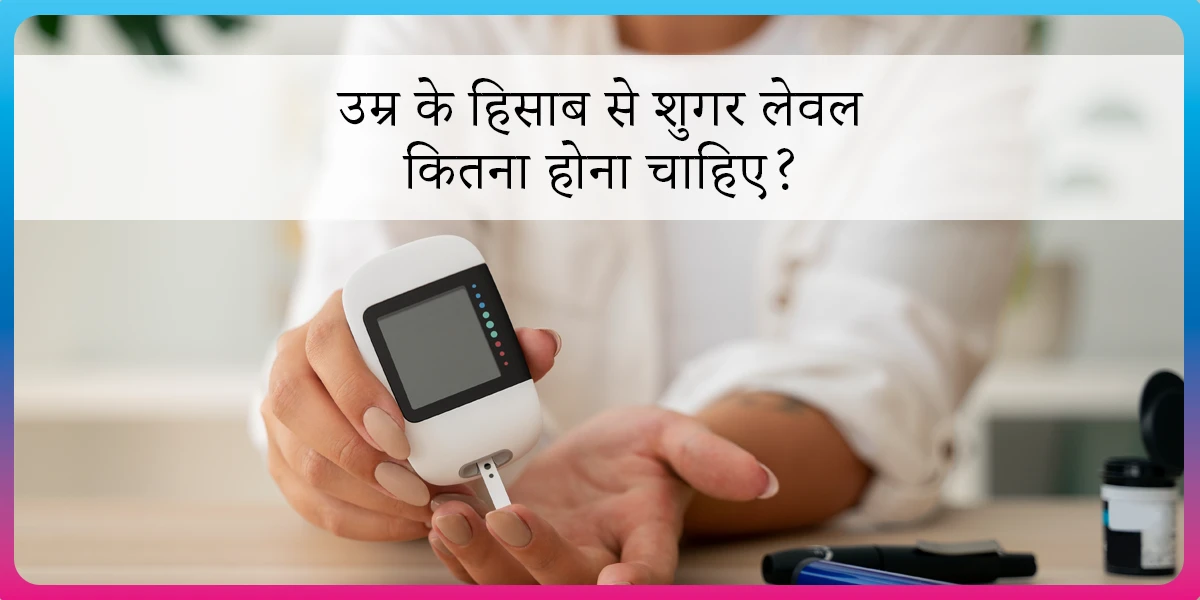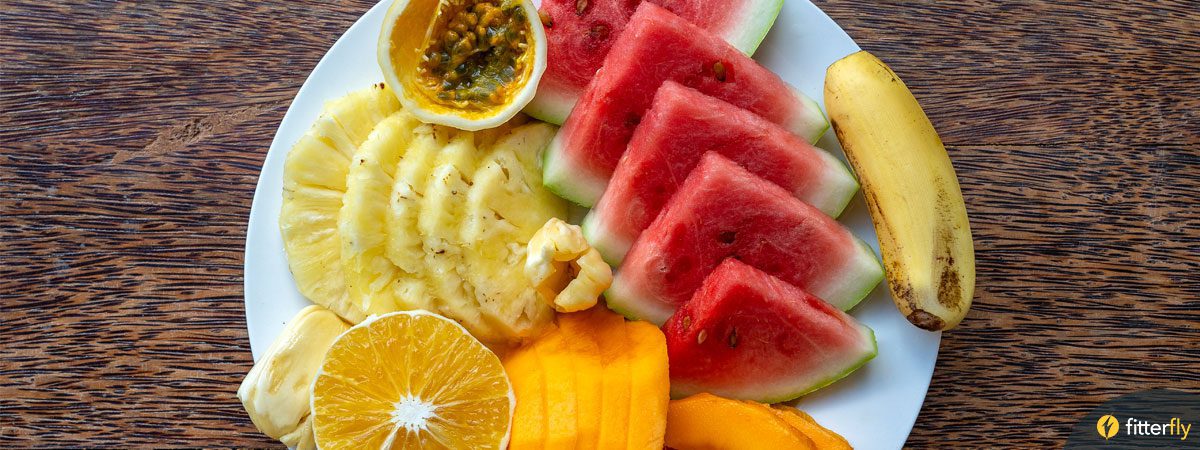Pregnancy Diabetes: How Your Diet Affects Your Blood Sugar Levels

Being pregnant is a wonderful time in a woman’s life. But, with all the excitement of meeting your little one comes some tests and worries too. One such regular test is a glucose tolerance test, done to check for gestational diabetes mellitus (GDM) or pregnancy diabetes as it is commonly known.
Gestational diabetes mellitus is a condition that develops when your body, during pregnancy, cannot produce enough of a hormone called insulin.
The lack of insulin can lead to complications for both you and your baby.
While this sounds alarming, you don’t have to worry just yet. You can manage the risks and the associated risk it poses for your baby by staying healthy, maintaining a healthy diet and weight (as per the stage of your pregnancy and your doctor’s recommendation).
Step 1 is to stave off this risk is to understand how foods affect your blood sugar levels.
So, here’s a list of common food components and how they affect your blood sugar levels.
Carbohydrates
Carbohydrates are a common part of everyone’s diet and are present in a number of common foods. That’s why it’s important to monitor the amount of carbohydrates are present in your diet — including the type and how often you eat it.
To keep your carbohydrate amount in check, here are a few tips:
- Select your meal well and ditch foods with too many carbs, especially in one meal
- Choose foods that have complex carbohydrates, such as whole grains like brown rice and oatmeal, even starchy vegetables like potatoes, sweet potatoes and corn.
- Combine carbohydrates with protein or healthy fats
- Space out your meals and snacks containing carbohydrates, evenly throughout the day — this helps reduce the blood sugar spike after eating.
Note: If you have been diagnosed with gestational diabetes, the National Institute of Child Health and Human Development recommends you have at least three small-to-medium meals and approximately three snacks per day. So that’s 5-6 small meals throughout the day instead of 3 large meals (like breakfast, lunch & dinner).
Proteins
Proteins are your friend, and they are essential for your baby’s growth and development. But, apart from keeping your baby healthy, proteins also keep your blood sugar in check.
That’s why combining proteins with carbohydrates or choosing carbohydrate-rich foods that also provide protein helps balance blood sugar levels. Some good sources of protein-rich foods are:
- Fish, chicken
- Eggs
- Tofu
- Beans
- Nuts
- Seeds
- Quinoa
- Legumes or deals
To know your chances of Diabetes reversal, take the Diabetes Reversal TestDiabetes Reversal
Calculator
Unsaturated fats
Unsaturated fats are also important and are great sources of energy. Unsaturated fats actually act as a healthy carrier for the fat-soluble vitamins that are essential for your baby’s development, particularly: Vitamin D (an essential vitamin that regulates calcium and phosphate)
Here are some examples of foods with unsaturated fats:
- Olive oil
- Peanut oil
- Avocado
- Most nuts and seeds
- Salmon
- Sardines
- Tuna
- Chia seeds
Low glycemic index foods
Glycemic index of food is a measure of how quickly certain foods causes our blood sugar levels to rise. Also, foods with a low glycemic index are important too, because those foods break down more slowly than those with a high glycemic index, and therefore raise your blood sugar slower than those with a higher glycemic index.
Low glycemic index food sources to eat include:
- Non-Starchy vegetables
- Certain starchy vegetables, like peas and carrots
- Fruit, like apples, oranges, grapefruit, peaches, and pears
- Beans
- Daals
- Chickpeas
Foods to avoid:
When trying to keep your blood sugar levels in check during your pregnancy, it is advisable to give those foods a miss, that cause a spike in your blood sugar. Which is especially true, if you’ve been diagnosed with gestational diabetes mellitus. Here’s a list of foods you should avoid, even if those pregnancy cravings make you want to indulge in them.
Sugary and processed foods
Sugary and processed foods cause a spike in your blood sugars, which isn’t the best because during pregnancy there are several hormonal changes in your body that make it difficult for your body to break down sugars. And, if you’ve already been diagnosed with gestational diabetes, you’re better off giving these foods a complete miss.
Some of the foods are:
- Cakes
- Cookies
- Candy
- Ice cream
- Fruit juice with added sugar
Healthy swap:
A good swap is milk and fruits in moderation.
Starchy foods
Starchy foods are packed with carbohydrates and can have a significant effect on your blood sugar levels. That’s why it’s important to eat them only in small portions. Some of the most common starchy foods are:
- Potatoes
- White bread
- White rice
- White pasta
Hidden sugars and carbohydrates
Some foods and drinks are not obvious sources of sugar or carbohydrates and are best avoided. Some examples of these products include:
- Highly processed foods
- Certain condiments, such as dressings and ketchup
- Fast foods
- Alcohol
Tip: Maintaining a food diary can be very helpful to keep a track of what you’ve been eating. It also can help your treating physician to point out and figure out what could be causing a spike in your blood sugar.
But, changing your lifestyle while coping with mood swings, cravings, and the whole gamut of pregnancy-related symptoms can be a huge challenge that may sometimes seem too daunting to cope with. Not to mention the stress of being diagnosed with pregnancy diabetes or gestational diabetes.
What makes a difference is having experts at your side, guiding you through the entire process – telling you what to eat, what to avoid, which exercises to include in your routine and how to take care of your worries and stresses, amongst others.
Personalised, scientific guidance and motivation from experts, who understand your medical history, can guide you through gestational diabetes by helping you make incremental and positive lifestyle changes until they become a part of your daily routine. And, that is where the role of Fitterfly GDM – a Diabetes Care Program for pregnant women with diabetes comes in. Fitterfly GDM helps you make smarter diet choices and control various other lifestyle factors – like physical activity, sleep, stress and much more. With the Diabefly GDM program, you will have access to Fitterfly Coaches who will help you through the entire process. You’ll have access to a nutritionist, a certified physiotherapist and a clinical psychologist to help you get holistic treatment.
To know more about Fitterfly GDM, visit https://www.fitterfly.com/diabefly-gdm or call us 022 4897 1077
Reduced diabetes medications in 3 months


6.8%
Happy members
EMI
Guarantee
4.8/5
Diabetes Prime Program
This blog provides general information for educational and informational purposes only and shouldn't be seen as professional advice.














